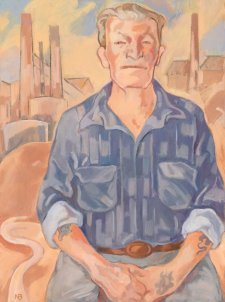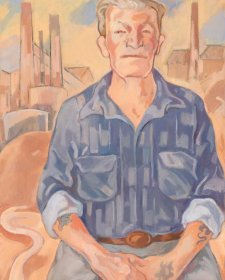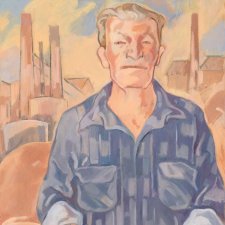Pat Mackie (1914–2009), union leader, led the Mount Isa strike of 1964–65 that polarised the town and almost bankrupted Mount Isa Mining. Mackie's life of activism began when as a young stowaway on a boat from New Zealand, he challenged the captain as to the lawfulness of his uncomfortable accommodation. Working in blue-collar jobs around the globe, he became a member of the Industrial Workers of the World and the United States Seafarers Unions before ending up central Queensland. He began work at Mount Isa mines in December 1961, having operated his own lead mine hundreds of kilometres out of Mount Isa for eight years, and finished up working there as a timber contractor (piece worker). The dispute of 1964–1965, one of Australia's major rank-and-file uprisings, arose over management's failure to provide showers for miners for men coming off shift underground. It simmered for some months before government intervention was threatened; Mackie declared in January 1965 that if the government went ahead, the miners and their wives would all go to jail and there would not be enough cells to hold them. Queensland Premier Frank Nicklin described Mackie as a 'vicious gangster' and the strike as a 'communist strategy to retard and even prevent major developmental projects in this state'; the government vainly explored all possible avenues to have him deported. Mackie described the outcome of the strike as a 'triumph of the human spirit'. The strike and the rest of the unionist's tumultuous life are described in a book he co-wrote with Elizabeth Vassilief, Mount Isa: The Story of a Dispute (1989), and his autobiography, Many Ships to Mount Isa (c. 2002).







